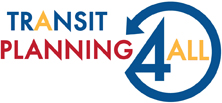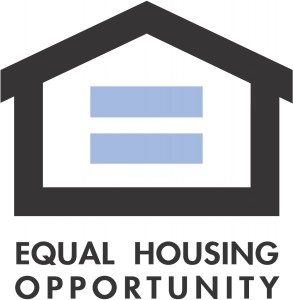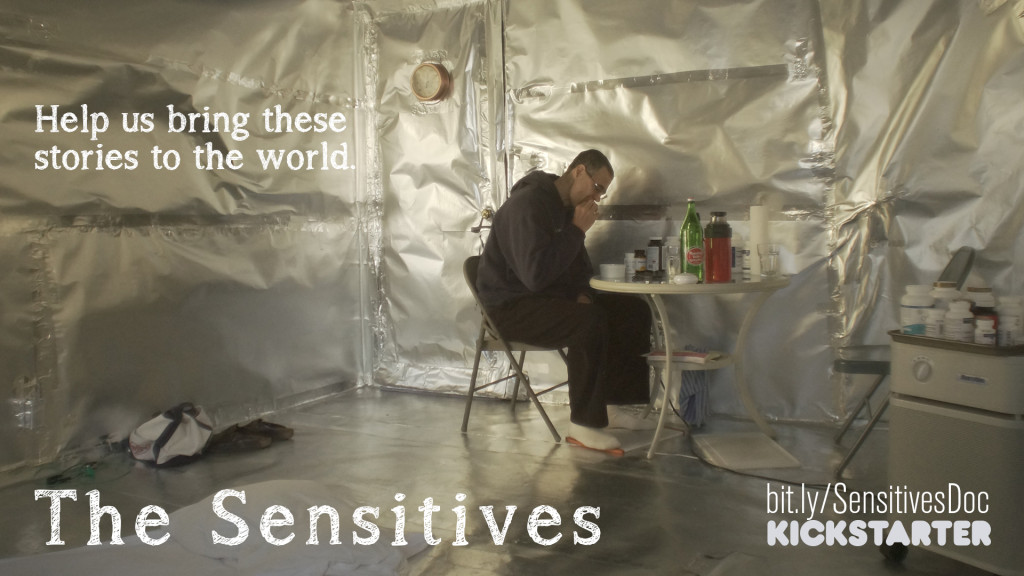The Transit Planning for All project announces the availability of funding for community-based demonstration programs. The purpose of this funding opportunity is to encourage development of an inclusive coordinated transportation system in which people with disabilities and older adults actively participate in both advisory and decision-making capacities. While the intention is first and foremost the development of inclusionary processes and plans, the secondary expectation is that inclusion will result in identifiable and measurable changes in the transportation system that respond to the needs and preferences of older adults and people with disabilities.
 To take advantage of this funding opportunity, communities should download both the request for proposals and the grant application form. All requirements stated in the application form must be met in order for an application to be considered. Applications must be submitted by 11:59 PM eastern time on Friday, March 18. There will be a conference call to answer questions on the demonstration grants on Wednesday, Jan. 27 at 2 p.m. Eastern Time Zone. Call toll-free: 866-906-9888; Passcode 2724141. [Read more…]
To take advantage of this funding opportunity, communities should download both the request for proposals and the grant application form. All requirements stated in the application form must be met in order for an application to be considered. Applications must be submitted by 11:59 PM eastern time on Friday, March 18. There will be a conference call to answer questions on the demonstration grants on Wednesday, Jan. 27 at 2 p.m. Eastern Time Zone. Call toll-free: 866-906-9888; Passcode 2724141. [Read more…]
 NCIL is sharing the Action Alert for National Call-in Days to raise the spending caps. Please see below for details.
NCIL is sharing the Action Alert for National Call-in Days to raise the spending caps. Please see below for details. If you are not familiar with the concept of Visitability, it is the idea, pioneered by Eleanor Smith of Concrete Change in Atlanta, that people with disabilities should be able to visit their neighbors, families, and friends. It has minimum requirements for single-family homes that, as colorfully described by someone, would allow a guest to “get in and pee”. The zero-step entrance and wide interior doors also provide the basics for a person with a disability to reside in, not just visit, a home.
If you are not familiar with the concept of Visitability, it is the idea, pioneered by Eleanor Smith of Concrete Change in Atlanta, that people with disabilities should be able to visit their neighbors, families, and friends. It has minimum requirements for single-family homes that, as colorfully described by someone, would allow a guest to “get in and pee”. The zero-step entrance and wide interior doors also provide the basics for a person with a disability to reside in, not just visit, a home.

